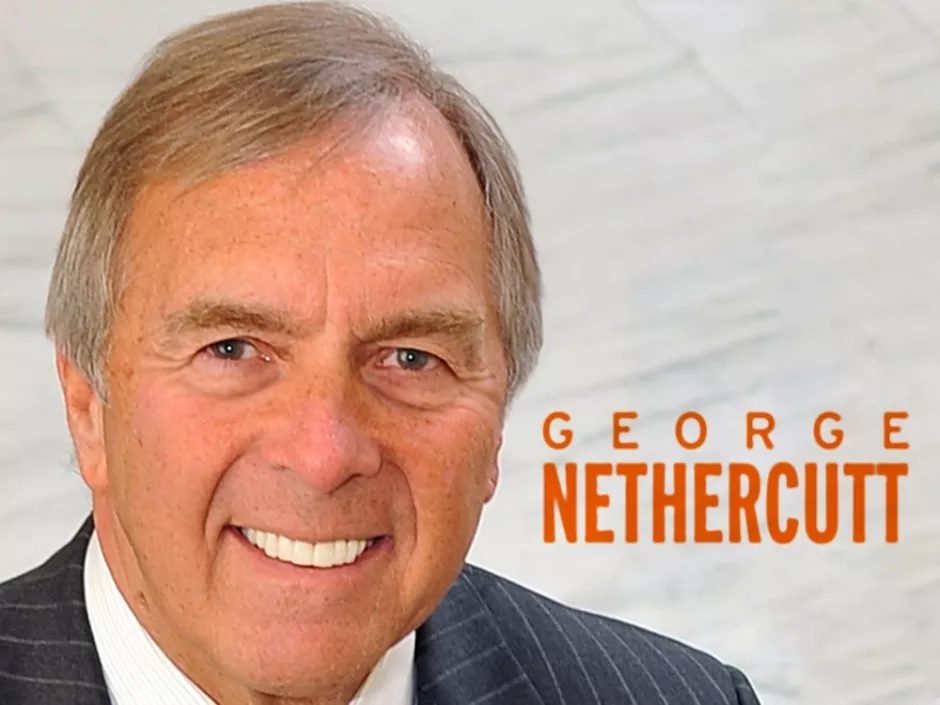In the aftermath of the 2010 elections, Republicans should face the nation’s challenges with a fresh approach to governing that seeks the common good and doesn’t focus exclusively on preventing Obama’s re-election. With unemployment now at about 10 percent, the nation’s national debt over $13 trillion, the ratio of national debt to GDP at a threatening 93 percent and danger lurking in aggressive foreign nations, the president and the newly constituted Congress must lead the way to rational plans for peace and prosperity.
But bipartisan problem solving will be difficult to achieve, as President Obama has designs to relegate Republicans to “the back,” and Republican leaders have vowed to avoid any Republican cooperation on the Obama left-wing agenda. The 2010 election has hardened national leaders and dimmed the prospects for cooperation.
Vigorous campaigns diminish the serious obligation to govern. Campaigns this cycle placed candidates in rigid positions from which to later govern, forced there by the nation’s messy condition. Accordingly, intellectual flexibility was disallowed in part by the pressures of a primary system that often forced candidates to emphasize strict party doctrine or issue purity. The campaign season saw no Lincoln/Douglas-style lengthy domestic debates or in-depth analyses of America’s place in the world; this year’s campaigns were merely a series of tedious 30-second, mostly negative sound bites and counter sound bites that failed to help voters clearly understand what newly elected officials plan to do about the complex state of our nation. Consequently, victorious candidates must now defend their campaign sound bites with little ability to adjust their views as circumstances warrant as they turn to governing the nation. The sad state of politics today is that middle-ground positions are unacceptable to party faithful and special interest group support.
But shouldn’t that practice change in the post-election period for the national good?
Having scored a historic victory over the sitting Speaker of the House in 1994 as a committed conservative, I know how difficult it is to turn from political posturing in a hotly contested campaign to the serious business of responsibly running a nation. Sound public policy is nuanced and requires more than talking points and sound bites — it requires thoughtful analysis to reach equitable results that are in the long-term national interest, not just short-term political gain.
The Republican majority in the House and the “Young Guns” who will populate it in January must govern with wisdom, having more than the 2012 election in mind as they try to lead our nation to fiscal and national security. With commitment, they can do so and still be true to their conservative principles, because the nation is hungry for a leadership alternative to the Obama program. And now Republicans are that alternative.
Some provisions of the Obama health care law are worth keeping (portability, preexisting condition coverage), but the rest should go — and some Democrats will go along, even as the law’s constitutionality is challenged in courts. Compromises can be offered to Democrats on tax policy, too. Let the two major parties “own” a piece of health care and tax policy; Republicans can take credit for uniting the nation on common sense policies. Americans already know Obama can’t do so.
A late September CNN poll found only 25 percent of Americans trust their government. Congress was at 18.7 percent approval in late October. Restoring trust must be a priority for Republicans and concerned Democrats, and both parties can learn from the past.
Here’s what Republicans did wrong after the 1994 elections and what Democrats and President Obama did wrong after 2006 and 2008 when they held the majorities in Congress: Each responded to their election victories by declaring “We won” and adopting legislation that drove the nation to the extremes instead of uniting it somewhere on both sides of center. The center of the political spectrum is large and welcoming; it reflects the nation’s broad demographic and allows partisans to hug an edge of the middle and be true to their ideology. The far edges are narrow, exclusive and divisive. Republicans were determined to excessively shrink the federal government after 1995 but spent too much after 2000, and Democrats tried to liberally legislate and spend the nation into prosperity the last four years. Both approaches escaped public acceptance and were unwise actions by overzealous majorities.
Unfortunately, we are now a nation of hard edges. The best course for leaders on the edges in the election’s aftermath is to move their respective constituencies to the broad middle, where there is plenty of room to affirm their specific public policy values, as well as room for intellectual coexistence. Most voters just want political opponents to work together to reasonably solve the nation’s problems — particularly health care, housing and economic reform — but not to the extremes that give zero comfort to the other side. Swing voters particularly welcome problem solvers in government. That’s why the Democrats are out and Obama’s approval rating sank like a stone. They’ll be watching to see if Republicans can lead, not just win.
If the gap between the political edges can be filled with elected officials working together to advance common-sense policies for the national good, the familiar post-election declaration, “We won,” will be uttered by millions of citizens, and not only by victorious politicians.
George Nethercutt is the former congressman representing the 5th District of Washington.





















